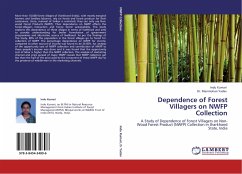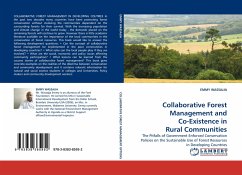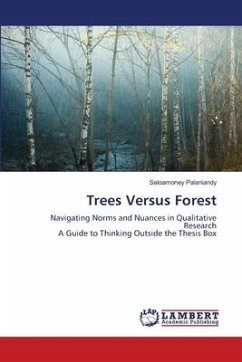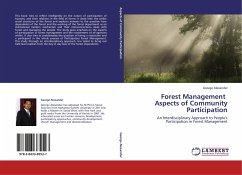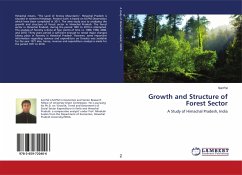More than 10,000 forest villages of Jharkhand (India), with mostly marginal farmers and landless laborers, rely on forest and forest produce for their sustenance. Since, removal of timber is restricted, they can only use Non-wood Forest Products (NWFP). Their dependence on NWFP affects the forest-villagers interaction and hence forest sustainability. This study explores the dependence of these villages in terms of livelihood and aims to provide understanding for better formulation of government programmes and alternative source of livelihood. As per the findings of this study, 89% of the population in the forest villages go to forest for collection of NWFP. The percentage dependence on NWFP for income compared to other sources of income was found to be 24.85%. An analysis of the opportunity cost of NWFP collection and contribution of NWFP to these people s income was done and it was found that the opportunity cost of labor is higher than the NWFP collection. The analysis of marketing channel and price spread of major NWFP reveals that NWFP collectors get less than the half of the price paid by the consumers of these NWFP due to the presence of middle-men in the marketing channels.
Bitte wählen Sie Ihr Anliegen aus.
Rechnungen
Retourenschein anfordern
Bestellstatus
Storno

